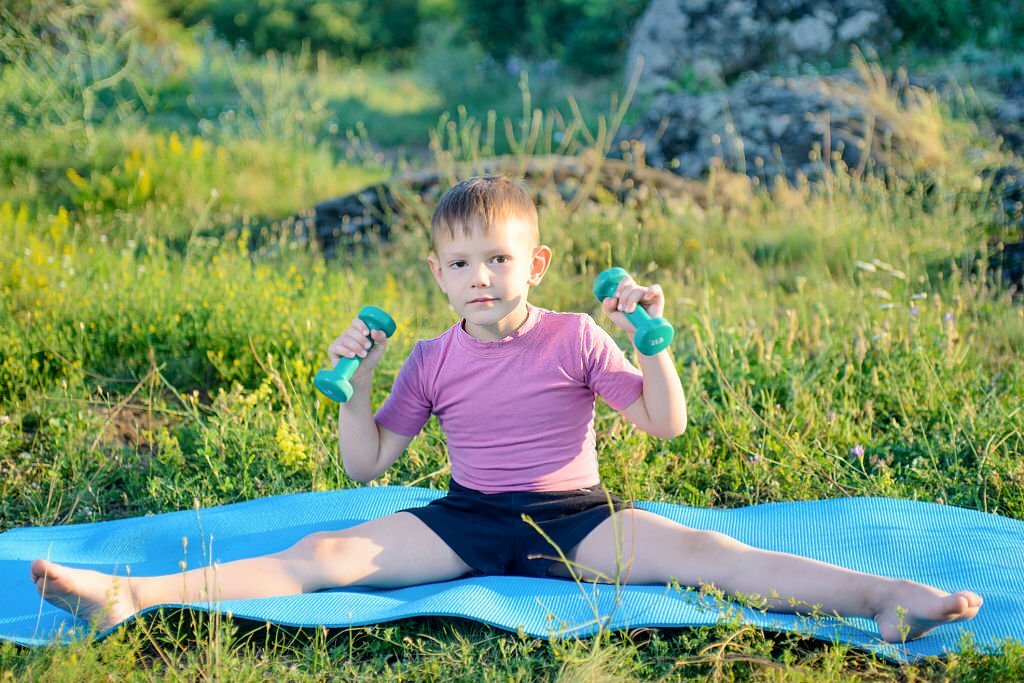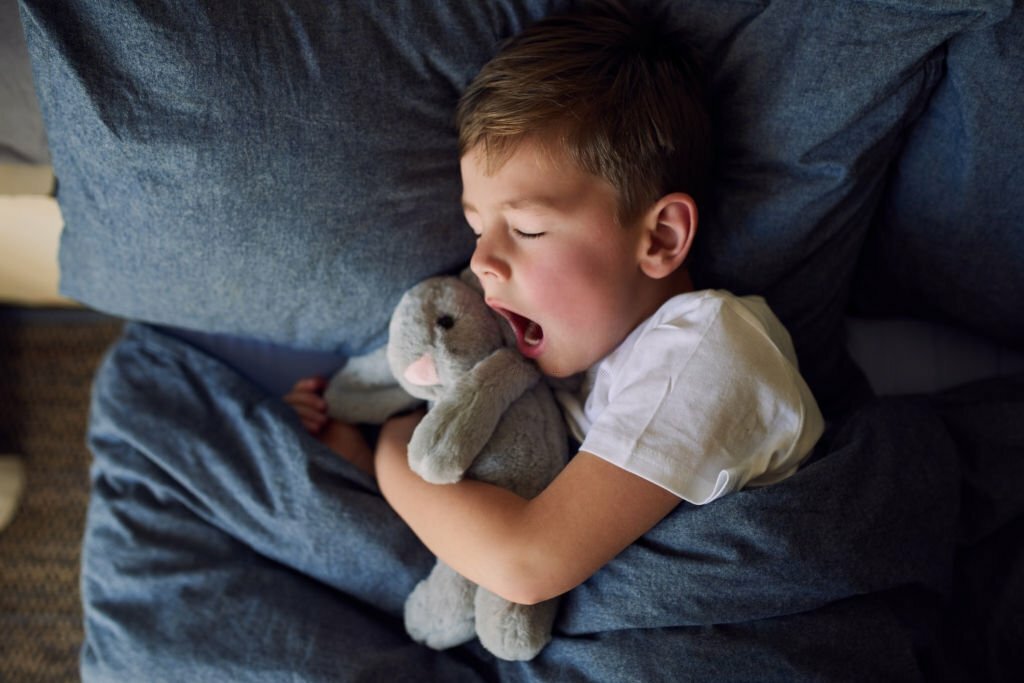Mastering Diet and Exercise for Energetic Kids!
In today’s fast-paced world, ensuring that our children have the energy they need to thrive is more important than ever. A healthy diet and regular exercise are crucial components of a child’s overall well-being. In this article, we’ll explore the keys to mastering diet and exercise for energetic kids, providing you with valuable insights and tips to help your children stay active and full of vitality.
The Power of a Balanced Diet and Exercise
A balanced diet is the foundation of a child’s energy and vitality. Here are some essential aspects to consider when it comes to your child’s nutrition:
a. Nutrient-Rich Foods: Ensure that your child’s diet includes a variety of nutrient-rich foods such as fruits, vegetables, whole grains, lean proteins, and dairy products. These foods provide essential vitamins and minerals necessary for growth and energy.

b. Breakfast: The Most Important Meal: Encourage your child to have a wholesome breakfast every morning. A nutritious breakfast kickstarts their metabolism and provides them with the energy they need to tackle the day ahead. Incorporate foods like whole-grain cereal, yogurt, and fresh fruit into their morning routine.
c. Hydration Matters: Dehydration can lead to fatigue and decreased energy levels. Make sure your child drinks an adequate amount of water throughout the day. Offer water as the primary beverage and limit sugary drinks.
d. Snack Smart: Healthy snacks can help maintain a steady flow of energy throughout the day. Opt for snacks like nuts, yogurt, whole-grain crackers, and sliced fruits or vegetables. Avoid sugary or overly processed snacks that can cause energy spikes and crashes.
Portion Control and Meal Timing, and Diet and Excercise
Proper portion control and meal timing play a significant role in your child’s energy levels. Consider the following:
a. Regular Meals: Ensure your child has three regular meals each day, with healthy snacks in between if needed. Consistent meal timing helps regulate blood sugar levels and keeps energy levels stable.
b. Mindful Portions: Pay attention to portion sizes to prevent overeating. Teach your child to listen to their body’s hunger cues and eat until they’re satisfied, not overly full.
The Importance of Diet and Exercise in Physical Activity
Exercise is the key to keeping kids active and energetic. Here’s how you can make physical activity an enjoyable part of their routine:
a. Find Activities They Love: Encourage your child to participate in activities they enjoy, whether it’s swimming, biking, dancing, or team sports. When they have fun, they’re more likely to stay active.

b. Limit Screen Time: Set reasonable limits on screen time, including television, video games, and mobile devices. Encourage outdoor play and physical games as an alternative.
c. Family Fitness: Make exercise a family affair. Go for hikes, bike rides, or play sports together. This not only promotes physical activity but also strengthens family bonds.
Quality Sleep for Rejuvenation
A good night’s sleep is essential for recharging a child’s energy levels. Ensure your child gets the recommended amount of sleep for their age group. Here are some tips to promote healthy sleep habits:
a. Consistent Bedtime: Establish a regular bedtime routine to help your child wind down before sleep. Consistency is key in regulating their internal body clock.

b. Screen-Free Zone: Remove screens from the bedroom. The blue light emitted by devices can interfere with sleep quality.
c. Create a Comfortable Sleep Environment: Ensure that the bedroom is cool, dark, and comfortable. A comfortable mattress and appropriate bedding can make a big difference.
Setting a Positive Example
Children often learn by example, so it’s crucial to model healthy habits. If you prioritize a balanced diet and regular exercise in your own life, your child is more likely to follow suit. Engage in activities together, prepare healthy meals as a family, and emphasize the importance of making healthy choices.
Consulting a Healthcare Professional
While these tips provide a solid foundation for ensuring your child’s energy and vitality, it’s essential to consult with a healthcare professional for personalized guidance. They can help address any specific dietary or health concerns your child may have and offer tailored advice to meet their needs.
Concluding the article, Mastering diet and exercise for energetic kids is a journey that involves providing proper nutrition, regular physical activity, quality sleep, and setting a positive example. By following these guidelines and making health a priority in your family, you can help your child maintain high energy levels, stay active, and lead a happy, healthy life. Remember, it’s not just about keeping your child active and energetic today but also laying the foundation for a lifetime of good health.
Thank you for immersing yourself in our article! We hope it left you inspired and enlightened. Don’t forget to Share, Subscribe, and Comment your journey with us.
Have a Fantastic Day!
Cheers!
Attn. Director,
We are interested in your products. Please contact us if your company can handle a bulk supply of your products to Cameroon.
Please send your reply to bahmbi3@aghemfondom.com
HRM Bah Mbi
Thankyou so much , I needed this to balance my children’s up bringing.
Great blog. Reading more. Looking forward to read more. Really.
Great blog. Really looking forward to read more. Reading more.
Great blog. Read more. Really looking forward to reading more.
After exploring a couple of your blog posts, I truly appreciate your distinctive blogging style. It’s now bookmarked, and I’ll be back soon. Check out my website and share your opinions.
Thanks for another informative post. I always find your content extremely helpful. Keep writing!